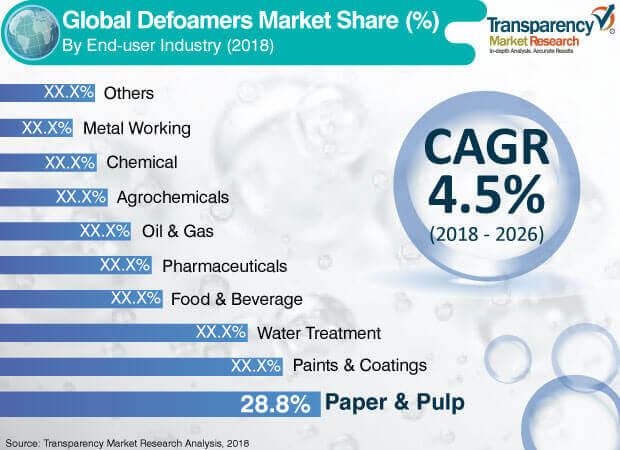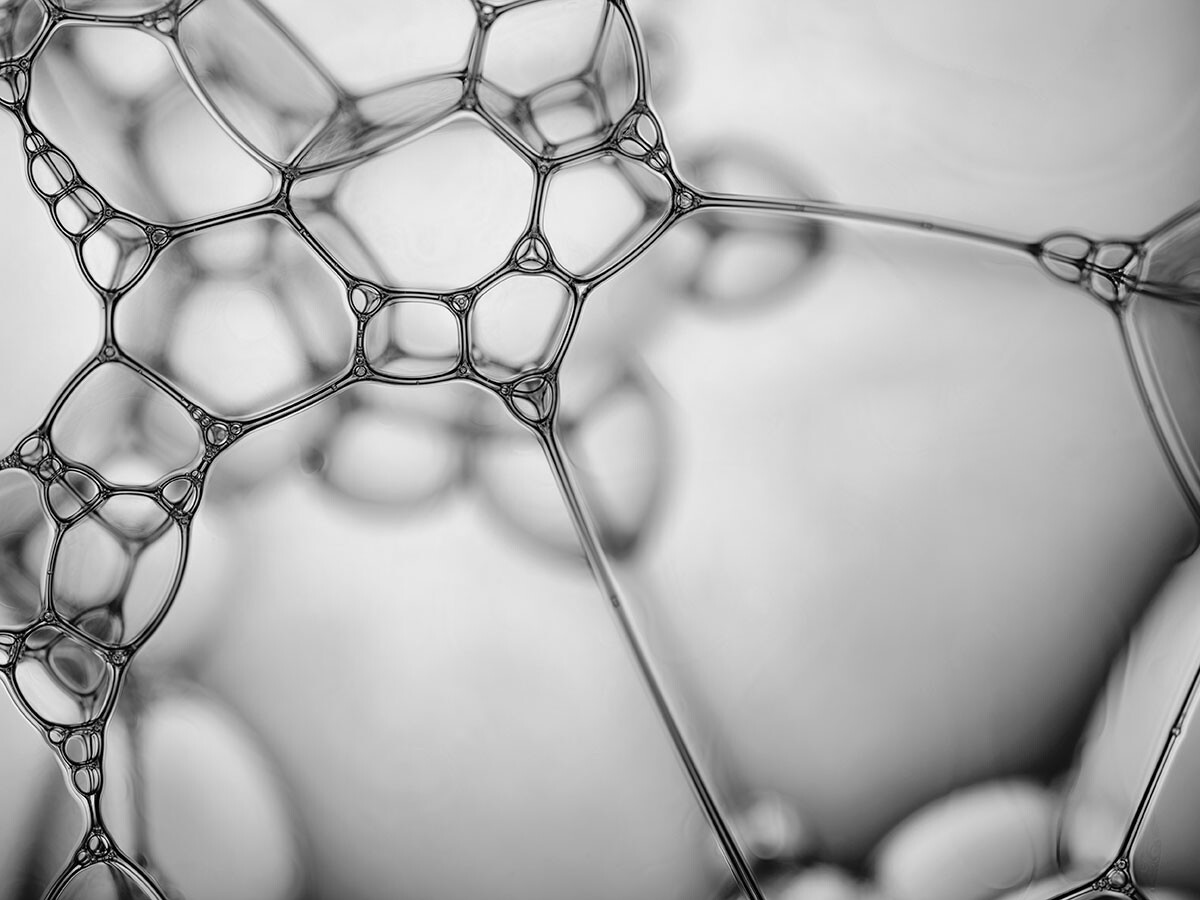The Function of Defoamers in Enhancing Item High Quality and Performance
Defoamers serve as necessary additives that alleviate this concern, guaranteeing smoother manufacturing workflows while improving the functional and aesthetic attributes of the last products. The choice of the ideal defoamer can be crucial to achieving ideal outcomes, raising crucial questions regarding solution compatibility and performance metrics that warrant further exploration.
Comprehending Defoamers
Comprehending the duty of defoamers is important for keeping item quality throughout numerous industries. Defoamers are chemical additives created to reduce and stop the development of foam in fluid systems, which can detrimentally affect processes such as mixing, filling up, and surface area stress. Frothing can lead to inefficiencies, item defects, and compromised aesthetic charm, making defoamers an important part in making procedures.
In commercial applications, defoamers help to enhance product consistency and stability. In the paint and finishings industry, foam can conflict with the application procedure and the final finish. In a similar way, in food and drink production, excessive foam can prevent bottling and product packaging efficiency (defoamers). The reliable use defoamers not only guarantees smoother production procedures however also adds to remarkable product efficiency.
Furthermore, the option and solution of a defoamer should straighten with particular application requirements, such as compatibility with various other components, performance under varying temperature level and pH problems, and prospective regulatory restrictions. Inevitably, recognizing defoamers' features and their significance in various formulations is critical for maximizing manufacturing and guaranteeing the finest final result.
Sorts Of Defoamers
Defoamers can be classified into a number of kinds based on their composition and system of activity. The primary types include silicone-based, non-silicone organic, and not natural defoamers.
Silicone-based defoamers are amongst the most efficient, mostly due to their capability to spread out promptly on the fluid surface and interrupt foam formation. Their one-of-a-kind chemical framework permits exceptional security, making them ideal for high-temperature applications and environments with varying pH levels.
Non-silicone organic defoamers, typically made up of all-natural oils or fatty acids, are valued for their biodegradability and lower toxicity. These are normally made use of in food and drink applications where security and ecological effect are vital.
Not natural defoamers, which include materials like talc or calcium carbonate, act by raising the thickness of the fluid, therefore lowering foam security. They are usually made use of in commercial procedures where compatibility with various other materials is not an issue.
Each type of defoamer has unique advantages and limitations, enabling customized remedies relying on the certain lathering issues encountered in various applications. Recognizing these distinctions is vital for enhancing performance and achieving wanted product quality.
Applications Throughout Industries
Many markets take advantage of defoamers to improve product top quality and functional efficiency. In the food and drink market, defoamers are critical in procedures such as brewing and dairy production to avoid foam formation, which can lead to inadequacies and item inconsistency. By regulating foam, makers can ensure far better yield and an extra uniform item.
In the pharmaceutical industry, defoamers play a crucial role in the solution of liquid drugs, where extreme foam can impede blending and exact dosing. Their usage helps keep the integrity of the solutions and facilitates smoother manufacturing procedures.
The paint and finishes industry likewise counts on defoamers to improve the performance of items throughout application. By reducing foam, these ingredients make certain a smoother finish and improve the visual qualities of the end product.

Advantages of Making Use Of Defoamers
While the application of defoamers differs throughout markets, their benefits regularly improve product high quality and process efficiency. One significant advantage is the reduction of foam development throughout producing processes, which can otherwise result in production delays and inconsistencies in item high quality. By reducing foam, defoamers enable a smoother flow of products, assisting in much more efficient procedures and minimizing the probability of equipment breakdowns.
Furthermore, using defoamers can improve the look and structure of final items. In industries such as coverings, paints, and food handling, too much foam can jeopardize the visual aesthetics and total top quality, while the proper defoamer application guarantees an uniform coating and desirable qualities. Defoamers can contribute to cost financial savings by reducing waste throughout production and enhancing the use of raw materials.

Picking the Right Defoamer
Picking the best defoamer is crucial for maximizing manufacturing procedures and guaranteeing item top quality. The option of defoamer affects not only the performance of foam control yet additionally the overall efficiency qualities of the end product. Variables to take into consideration consist of the kind of application, the chemistry of the formulation, and the environmental problems under which the item will be used.
Various markets may require specific defoamer kinds, such as silicone-based, natural, or polymeric defoamers. Comprehending the compatibility of the defoamer with the main components is necessary to prevent negative reactions why not check here that might endanger item integrity. Additionally, the defoamer's effectiveness in various temperatures and pH levels need to be evaluated to make sure consistent efficiency.
Examining the defoamer in small applications can provide valuable understandings right into its efficiency and viability. Factor to consider of regulative conformity, particularly in food, pharmaceuticals, and cosmetics, is vital in picking a defoamer. Eventually, a thorough evaluation of these variables will cause the selection of a defoamer that not only regulates foam effectively however also enhances the high quality and More Bonuses efficiency of the end product.
Verdict

To conclude, defoamers are essential additives that dramatically improve product high quality and efficiency throughout different sectors. By effectively minimizing foam development, these representatives not just enhance operational performance but likewise add to the practical and visual honesty of products. The tactical option and application of defoamers lead to cost savings, maximized source usage, and increased customer fulfillment. On the whole, the importance of defoamers in commercial procedures can not be overemphasized, as they play an essential role in achieving consistent and premium end results.
Foaming can lead to inadequacies, item flaws, and jeopardized aesthetic allure, making defoamers a critical part in producing operations.
